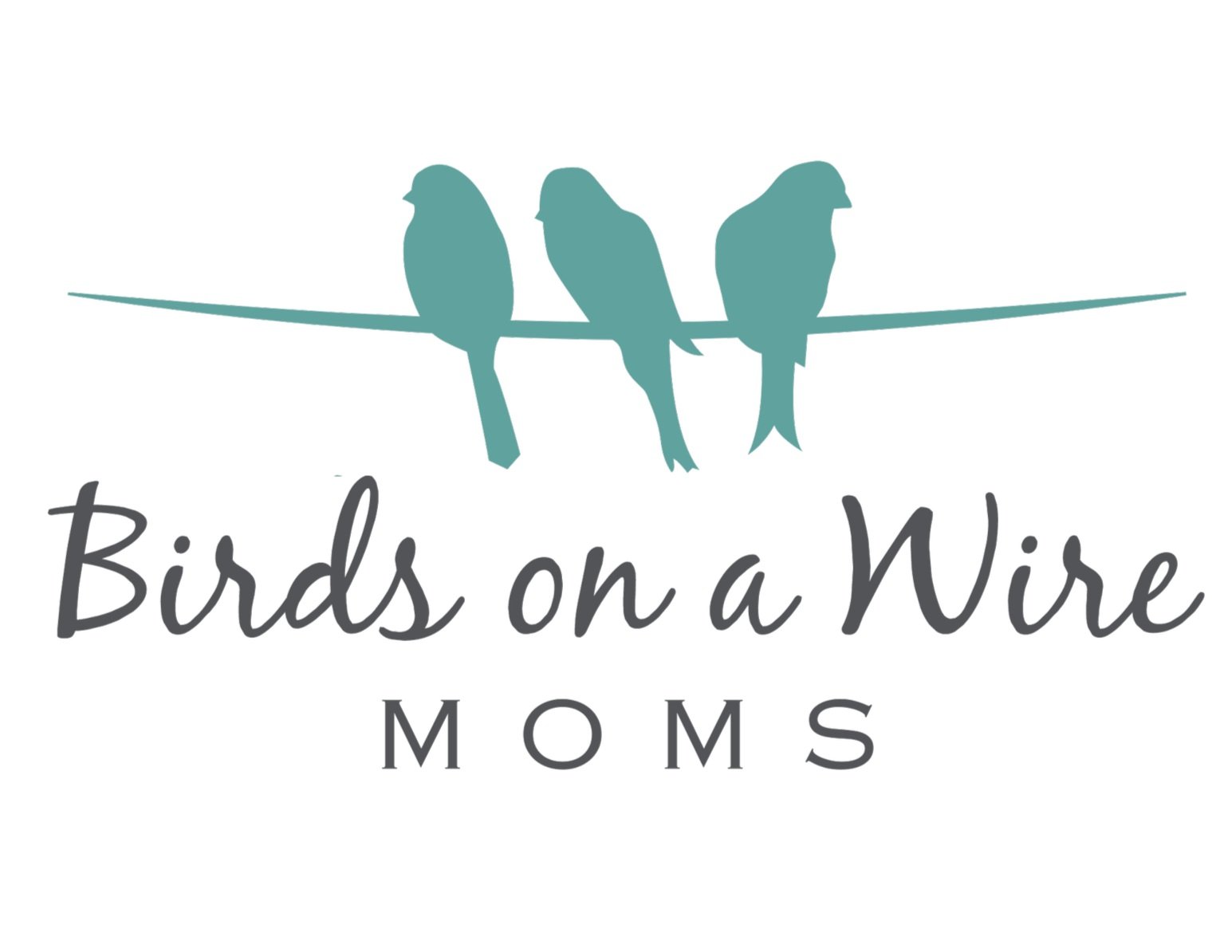WT 153: Establishing & Communicating Boundaries
Resources and links from this show:
Mom Core curriculum - Boundaries session
We all know establishing boundaries is important, but we don't always understand how to communicate those boundaries to those around us. On today's show, Karen helps us understand how to communicate our family boundaries to our children, how to deal with toxic relationships in extended families, and how to stand your ground without feeling guilty. Plus Sunny shares a great tip for taking the pressure off of your child as far as keeping your rules when they head to a friend's home.
Mommas, we hope this episode brings you great freedom as you parent this week!
Question 1: How do I handle mom friends who have no boundaries with their kids? I love them but it’s hard to hang out too much with all our kids together (it’s hard to hang out any other way in this season) when they let their kids do things I wouldn’t let your kids do.
Karen’s Answer: Obviously, you can’t control someone else. You can set your own boundaries. So, have the boundaries for your home, ie: we don’t jump on the sofa at our house. When they are at your house, stick with your boundaries, if you are at their house, don’t worry about it. Sometimes you have to just stop play dates for a while, or meet at a neutral place like a playground or CFA.
Question 2: How do I explain or voice my parenting style and opinions for my children to other family members without being rude or over-bearing?
Karen’s Answer: You just say, “This is what we have decided to do in regards to that situation.” Keep in mind you are not being rude or over-bearing, you are just communicating. Find your voice. It is okay to state what you want and don’t want as a parent.
Question 3: Can you talk about practical ways to restrict who has access to your children when dealing with toxic extended family members?
Karen’s Answer: First you and your husband have to decide who those people are and why. It is important, that you are both in agreement and stand together on what you decide. I would give yourself some time to discuss the “why” behind your decision. I think this will help you not feel guilty about your decision. You don’t need to announce to the family your decision, you just know that if the opportunity ever comes up, you will not be letting your child spend the night, stay with that person without you or your husband there. Don’t feel guilty. You are the parent, and you have to make these decisions for your child and protect them.
Question 4: How do I talk to my kids (7, 9 and 10) about the boundaries we have established for our family without saying that other families’ decisions (that we don’t agree with) are bad? Specifically, I’m worried about offending friends and neighbors if/when my kids say something like, “we aren’t allowed to play at Dylan’s house” to another friend. Any thoughts on having these kinds of talks with your kids?
Karen’s Answer: I used to tell my children that they don’t have to share everything they know. You have to teach your child when it is appropriate and when it is not. Maybe even role play it with them. This exercise also teaches your child how to develop self- control Also, keep in mind, God is in everything. You never know what God will use to draw another person to Him, so be open to that. For instance, let’s just say your child does say something, and the mom comes to you, and asks you about it. Talk to her in love, and share your heart. You can say things like we love you and your family, we just as a family don’t watch R rated movies, and instead of me pushing my values on you, I thought it would be best to not subject my 10 year old or to be put in a tough spot. I should have come to you, and shared my thoughts. I’m sorry, will you forgive me?” If you talk to someone like that they will not be angry with you. You never know, God could have been stirring in their heart and will use you as a catalyst.

